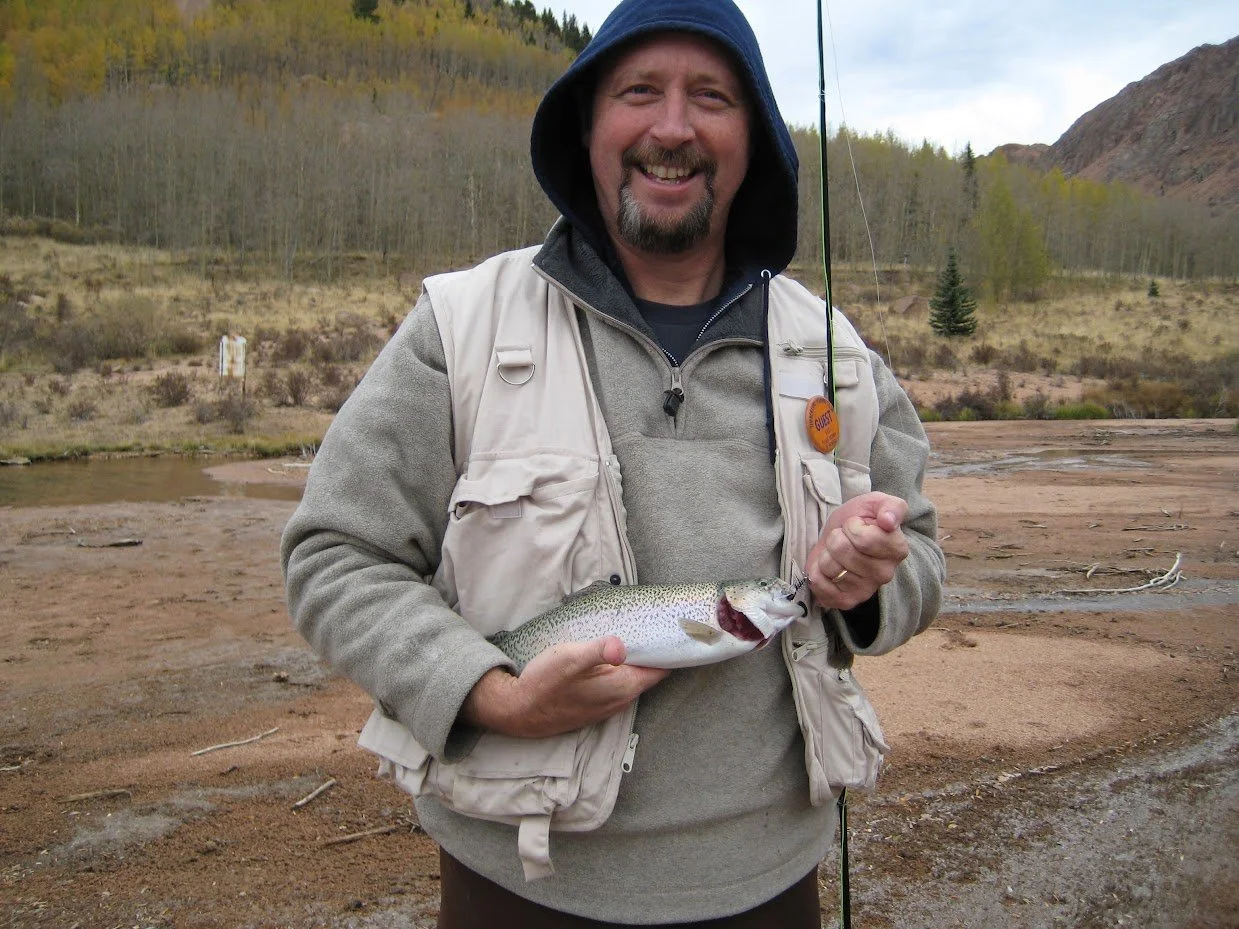Heart to Heart
Kevin Walker: 1961-2010
In his book, Abba’s Child, Brennan Manning devotes much of Chapter 7 to John 13:23, 25. These verses describe the Apostle John leaning back on Jesus’ breast during their after-dinner discussions. Manning makes much of John hearing the heartbeat of Christ, and of course, brings the application forward to his readers.
I read this chapter on Easter afternoon while sitting on my patio. Several times, I laid the book on the patio table and took time to contemplate Brennan’s chapter, the Apostle John, and the author’s admonition to be like John.
Initially, I considered dismissing the passage as a cultural difference between the Middle East of the first century and the West of the twenty-first century. I mean, in Texas men don’t put their heads on each other’s chests. But marginalizing Scripture for any reason, even ancient culture versus modern culture, is a tricky business. Once you start explaining away passages of Scripture based upon culture, it’s easy to simply explain away Scripture.
So, I retraced what I know of the heart.
Five months ago a close friend had open-heart surgery. Four bypasses. He’s doing well, but gave us a scare on Valentine’s Day. Several couples went together, rented a room, dressed in our finest, and celebrated our Valentines. Shortly after dinner, my buddy slumped in his chair and became unresponsive.
In Fort Worth, when you have a medical emergency, the Fire Department and the ambulance are both summoned. There were lots of lights!
These folks did a great job of stabilizing my friend and getting him to the emergency room. After lots of tests and nail biting, it turned out my buddy was terribly dehydrated and that’s what caused the emergency, but with the recent heart surgery, everyone assumed it was my friend’s heart.
Although I held my friend’s hand, and studied his eyes, and listened to his voice, and considered whether he was lucid, and tried my best to comfort his very distraught wife, and changed out his dress socks for hospital socks, and visited with the EMT, and found water for him, and monitored his vitals like a hawk, etc., I never put my head on his chest to listen to his heart, even though that was my concern. To my knowledge, neither did his wife. Lots of people wearing scrubs listened with their stethoscopes and read reports and related their findings to us, but I don’t recall anyone placing their head on my buddy’s chest.
Returning my thoughts to my patio, just before I decided to dismiss John’s behavior at the Last Supper as cultural, I thought of my buddy Kevin Walker. Cancer claimed Kevin some years ago. His death is one I’ve never quite gotten past. Some people leave a hole that just can’t be patched.
Not every time we got together, but with some frequency, Kevin would lean his head over onto my chest as an expression of sheer delight that we were friends. Our friendship spanned fishing together, singing together in the car, time on the patio, conversation over meals, copious laughs, and as cancer exacted its toll, lots of miles driving back and forth to chemotherapy.
Chemo. Whew. I flew as often as I could to Colorado to be with my dying buddy. Each day, I would drive him to Denver for treatment. Each day, as we sat in the waiting room, Kevin laid his head on my chest and slept as I held him.
I said earlier, my friendship with Kevin spanned lots of activities, but the centerpiece of our friendship was that we cared for, and guarded, each other’s heart. I literally heard the beat of Kevin’s heart in the music he composed, and Kevin literally heard the beat of my heart by placing his head on my chest.
Is there something cultural about John’s leaning on Jesus’ breast after dinner? Sure. If you haven’t traveled to the Middle East, or even to Eastern Europe, it is customary for men to kiss cheeks in greeting. Personal space is greatly reduced compared to Western cultural norms. There’s lots of hand-holding, singing, leaning into one another, and close proximity in discussion.
However, there’s plenty about John’s behavior that is not cultural, but instructive.
Each of the disciples had their qualities and reputation, but John alone is recorded as the disciple whom Jesus loved. I figure it’s safe to say Jesus loved each of His followers, but as is revealed in John’s writing, John knew Jesus in a way the other disciples didn’t quite grasp. He loved Jesus because he knew Jesus’ heartbeat.
Each Gospel is unique in its literary perspective, but the Gospel of John alone grapples with the incredulity of the Incarnation. “The Word [who was with God, and who is God] became flesh and dwelt among us such that we beheld His glory.” “The One who is grace and truth, came to us and explained God [who is grace and truth] to us.”
The other Gospels, and the other disciples, grasped who Jesus was and what He came to do. John grasped Jesus’ heart because he listened—literally and figuratively—to His heartbeat. This is reflected in his books.
Kevin demonstrated John to me.
John demonstrated how to grasp the heart and heartbeat of Jesus.
Reflecting on my buddy who landed in the ER on Valentine’s Day: It was right that the medical people report their findings to me. After all, what do I know about medical things? But carrying the analogy forward to John, I’m appreciative of those who report to me about Jesus, but my heart’s desire is to listen and know for myself.
Then, sitting on my patio Easter afternoon, I prayed: “Brother Jesus, in your resurrection, you raised me. Made me a new man. In your ascension, you seated me with you at the right hand of Father God. My, my. Whatever else this may mean, today my heart is to lay my head on your chest and hear your heartbeat, both literally and figuratively. Like Kevin, maybe we could look after each other’s heart. Amen.”



